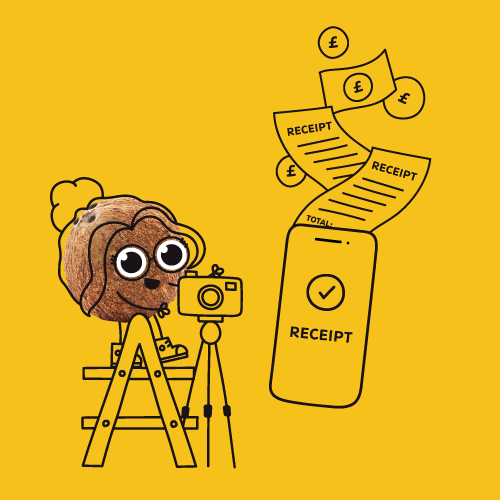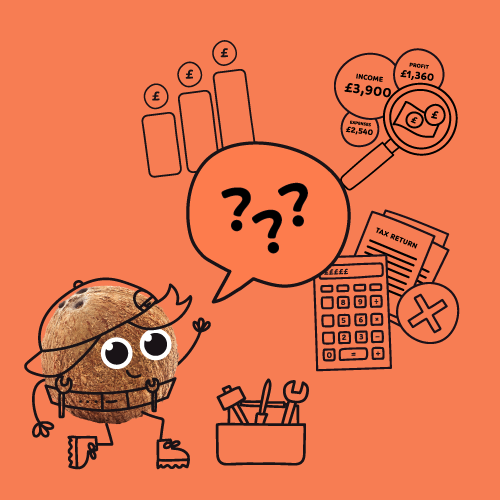This tweet from Time Inc. editor Samuel Pinney is a perfect example of one man’s failure to find out how to beat procrastination:
I've got a really important presentation on Monday and a story to write, so I built a cardboard theatre for my cat.
— Samuel Pinney (@GinBroguesHats) October 17, 2015
Ring a bell? Do you find yourself doing anything to avoid a looming deadline? Ironically, I struggled to write this very article on avoiding procrastination. It’s my first piece since the festive break. I’ve found myself folding laundry, sorting out my filing system and even covering my son in tin foil to avoid getting back to work (he wanted to dress up as a knight by the way – please don’t ring social services).Procrastination is hard-wired into the human brain. It’s not your fault. When you are faced with a looming task, two areas of your brain go into battle: your unconscious mind (the limbic system) and your conscious mind (the prefrontal cortex).The limbic system is one of the most dominant parts of your brain. It runs automatically to safeguard you from dangers, including these tasks you are eager to avoid. The prefrontal cortex is where you consciously decide whether to do something or not. It is a weaker area of the brain and does not run automatically. As a result, the limbic system is often the victor and procrastination wins because your brain automatically avoids anything you do not like (or that may harm you).If you manage to override that initial urge to procrastinate, you still may not retain focus. The moment you’re not consciously engaged in your task, your limbic system takes over and you do what feels good – you procrastinate.Understanding the science of procrastination does not, unfortunately, beat it. You need to consciously and constantly battle against it. Here’s how those working in the freelance space have changed their habits to avoid procrastination:
1. Break It Down
If you’ve got one colossal task to do, smash it up into manageable chunks. Lucy Goodchild van Hilten, writer at Tell Lucy, said: “I often work with the Pomodoro Technique, which involves working in 25 minute bursts and alternating what I’m working on. That way, even though a project might require 10 hours, I can take it in chunks with ‘breaks’ for other work in between, rather than trying to tackle it in one go.”
2. Identify Your Weaknesses
If you’re prone to surfing Facebook, for example, try out an online tool to block such sites and retain focus. Raluca Anghel, founder and creative director at RAIO Studio, said: “Know what holds you back from doing a job. If it’s a project I need to work on, I just write down a numbered list with what I need to achieve for one day, tuck my phone in another room, and get started.”
3. Get Out Of The House
Working from home can stifle creativity and surround you with distractions. Erin Westover, International Strategic Partnerships/Business Development at Spacebase, said: “Procrastination is easily induced by your surroundings if you are continually exposed to the same working space. Taking yourself out of a familiar environment, such as your home, or office can evoke a burst of creativity and productivity. Finding a unique and inspiring environment is key to shaking up your idling slump.”
4. Work With People
The silence and solitude of home working can make it all to easy to procrastinate. The hustle and bustle of a shared space could help to focus your mind.Coworking is a great option here. It lets freelancers access a shared space that’s more professional and equipped than a coffee shop. Sancar Ayalp, head of Partnerships and Business Development at The Farm Coworking, said: “Many of the freelancers using our coworking space come here to beat procrastination. Whether it’s to avoid the distractions of the home office or to sit in a friendly space surrounded by like-minded individuals, coworking really brings focus to those in our community.”
5. Do The Worst Task First
If you’ve got one job that you dread doing, get it over and done with. Anja Schué, B2B communications and content marketing expert, said: “I use several approaches, but the most successful so far is that I push myself to a kind of one-stop-task-handling.”It’s sage advice as you have a limited supply of willpower – so tackling the worst task first gives you the strongest chance of success to avoid procrastination.If you have any tips or tricks on how to beat procrastination, please share them in our comments section below.











